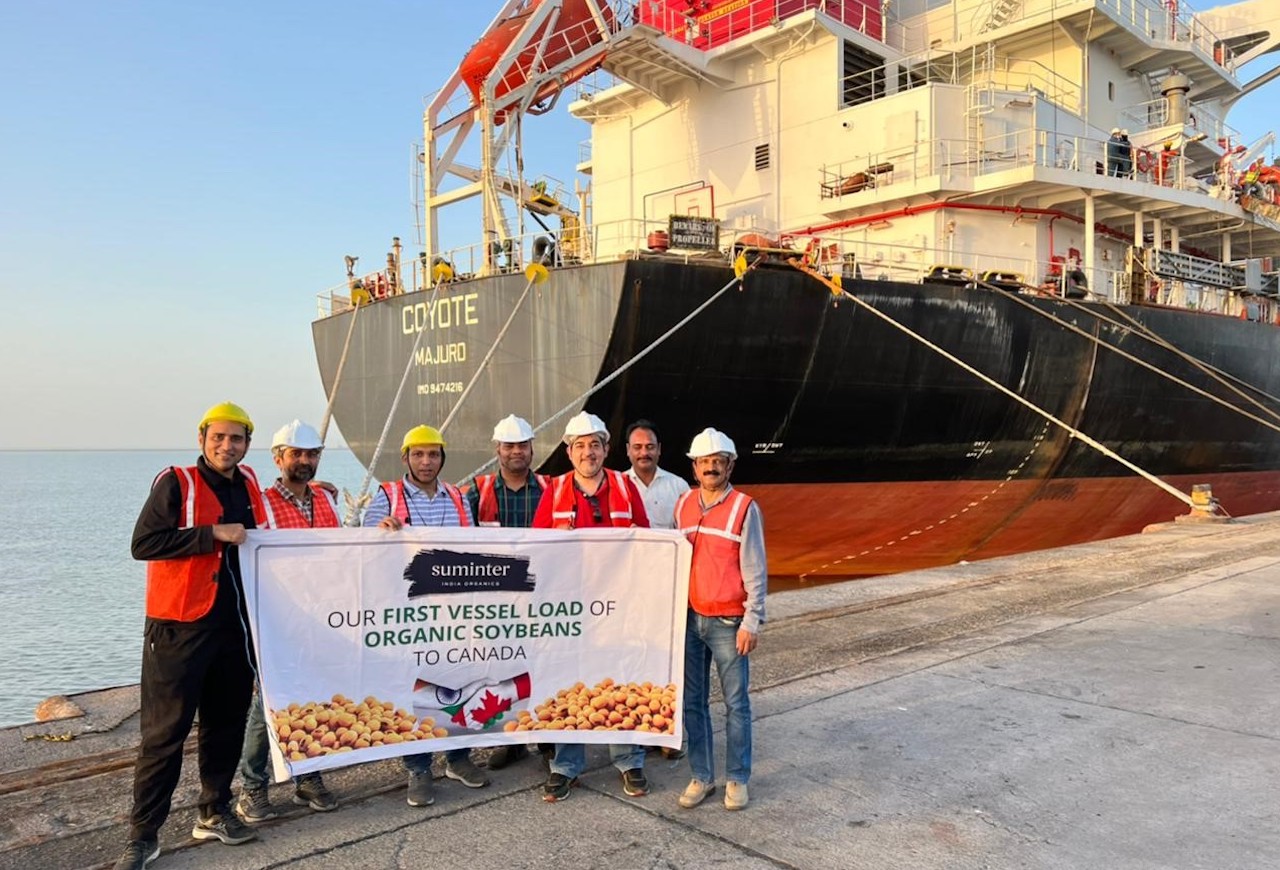The sustainable food funds will invest in Asia and Latin America and target companies set to benefit from global transformations in the agricultural and food value chains

Impact investment manager responsAbility has raised $173m (€161m) in the first close of their second Sustainable Food Asia fund which has a target final close of $300-400m. The Swiss impact investor has also announced the first close of its Sustainable Food Latin America fund, which has secured $101m so far and has a $350m final target.
Investment in both funds has been driven by institutional investors, ranging from pension funds, insurance companies and family offices, and includes existing investors in the company’s first Sustainable Food Asia fund launched in 2017.
According to responsAbility, both funds will invest in companies that are poised to take advantage of regional opportunities in transformations in the food and agriculture value chains.
In Asia, this transformation is being driven by changing demographics, such as the 1.2 billion predominantly young and urbanised consumers who are expected to join the upper middle class. The Asia fund will invest in growth companies in South and South East Asia, focusing on mid and downstream companies predominantly in India, Indonesia, Vietnam and the Philippines.
This includes food and beverage companies as well as processing, distribution and food services companies that can improve efficiencies in food production and distribution while meeting the demand for more sustainably grown and healthy food from a growing and more affluent population.
In Latin America, rising global demand for healthier, more sustainably-grown food is seen as a key growth driver in the fund’s investment thesis. The Latin America fund will focus mainly on family-owned and managed businesses operating in the production and export of fresh fruits and vegetables out of Mexico, Peru, Colombia and Chile.
The Latin America fund, the firm’s first sustainable food-focused fund in the region, has been built as a structured debt vehicle. Speaking to Impact Investor, Rik Vyverman, head of sustainable food private equity at responsAbility, explained this structure is more adapted to the family-owned nature of the companies with less predictable exits.
He said that the competitive advantage of the LatAm region in terms of natural resources combined with an increasingly health-orientated consumer, had led to strong growth in exports.
“Latin America has a bounty of resources, containing one third of the world’s arable land, one third of the world’s fresh water, as well as an abundance of biodiversity and a range of climate zones, which allow farmers to produce a variety of produce and offset harvesting periods in Europe, the US and Asia,” he added.
Multiple impact focus
Vyverman explained that from a social impact perspective, the Asia fund team, based out of Singapore and Mumbai, will look for investments that reduce poverty and improve working conditions and income generation for smallholder farmers. From a climate perspective, the fund will also back more sustainable and resource-efficient farming practices, and from the angle of food security, it will invest in companies that improve efficiencies along the supply chain and reduce food loss.
“In Asia, in particular, supply chains are very inefficient with multiple middle men and complex logistics. From the moment food leaves a farm to the time it reaches the end consumer, you can have as much as 30-40% in food loss. Our investments will look to address these challenges by making those supply chains shorter and more efficient,” he said.
Vyverman gave the example of portfolio company Suminter India Organics which works with local farmers in India to produce food products and ingredients that are organically and sustainably grown.
“Suminter works with smallholder farmers, providing them with quality seeds, training them to sustainably plant their crops and helping them to certify their products as organic. As well as the obvious environmental and climate benefits, the farmers also get a 30% increase in income thanks to higher yields, lower input costs and a better price for their goods,” he explained.
The LatAm fund team, based out of Mexico and Peru, will aim to generate impact not only by increasing the supply of healthier, more nutritious food but also by improving farming practices and by generating local employment opportunities at the farms that meet internationally recognised standards.
“The social aspect is very much around working conditions, gender equality and social security but we also aim to help these farms adopt more sustainable agricultural practices and do more and better to preserve resources,” he said.






